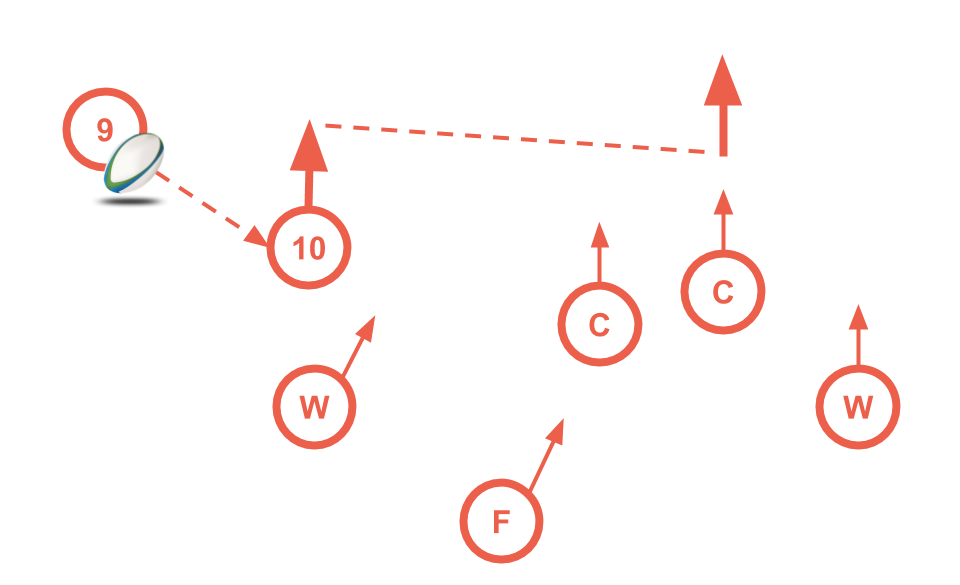What works: Agency playbooks
How do you run a project steering group? What do you need to do when you’re starting a new client project? How do you report sickness? How do you publish a job vacancy? How do you ask for time off? What do you need to do when a member of staff leaves?
How do you do all the things that need to be done to make the business work?
These are important questions that are asked every day in businesses of all kinds, but too often the answers are found in a range of different places. Some are written down. Some are just inside someone’s mind. Some are in paper copies only. Some are digital, but only in a Word document on one laptop. Others are in a variety of digital formats.
A playbook is the antidote to all that.
What is a playbook?
Sometimes called employee playbooks, handbooks, or a number of other names, a business playbook is the central place where you document how to do stuff. As well as covering what the stuff is that you do, playbooks often also include why you do stuff, why you do stuff that way.
A playbook gathers all the company’s ‘plays’ into one place — one book of plays.
It’s a collection of guidance notes all pulled together into one central place:
- Guides
- How-to instructions
- Help cards
- Processes
- Procedures
- Policies
In theory, then, anyone in the company can follow the guide for a given play, if they needed to — any one of your staff could play in any position.
Why do you need a playbook?
Your business needs a playbook. Full stop. If you don’t have one already or are not thinking about creating one, you should do.
There’s lots of reasons that your business should have a playbook. Here’s several.
Because questions
Firstly, questions arise. Your team members need answers — they need to know what to do. To prevent those questions always coming back to you, or to the same few people who know the answers, you need somewhere they can go to look stuff up.
I think a good simple rule is just ‘write everything down!’. Being over verbose is way less of a problem than leaving something out, because the person reading might do so when you are not around to answer follow-up.
Tom Willmot, CEO, Human Made
